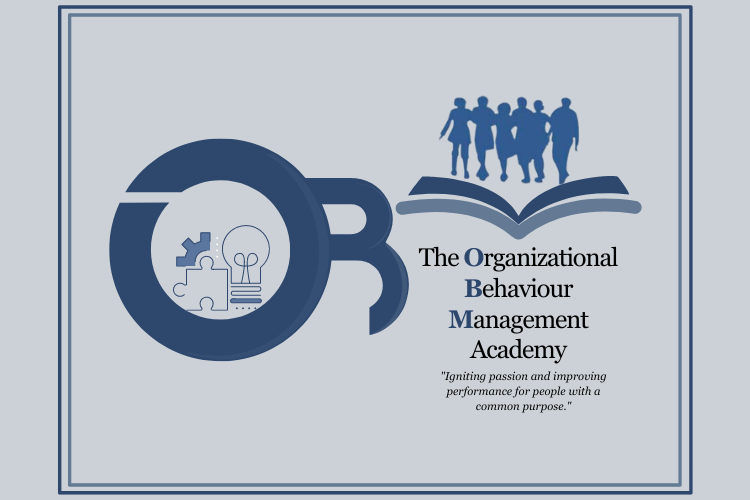Social Justice refers to how society equitably distributes wealth, gives opportunities to equity-deserving groups, and grants privileges to specific individuals. Fairness is the anchor of Social Justice, where fairness is applied in allocating resources and granting benefits among the community members in real need. Equitable allocation, and not just equal access, is paramount to ensure that all members of society have the possibility to succeed and reach their goals despite the socio-historical conditions that contribute to injustice and inequality. The levelled playing field that Social Justice idealizes promotes the flourishing of a society where individuals are not discriminated against based on race, gender, or socioeconomic status, among others. In a world where inequality and injustice are immensely entrenched, eliminating the root causes of behaviours on individual and organizational levels that contribute to inequality and injustice is imperative. Also, strongly reinforcing behaviours that promote Social Justice pursue the concerted effort.
Advocates strongly support policy-making on national and international levels to shape Social Justice and fulfil its aims. For example, the importance of promoting decent work and a fair globalization agenda through protecting fundamental rights, meritocratic employment opportunities and protection for meaningful social progress were advanced as part of the policy-making agenda. However, the persistence of injustice, labour insecurity and high inequality and inequity threaten these aims. While the governance of Social Justice work is significant at the policy and legislation levels, sustainable enterprises and activities to advance Social Justice aims must begin with individuals at the level of behaviour. The tools of Behavioural Science can advance Social Justice aims. If we all agree and want to envisage a fair and equitable world, we all have a part to play in addressing and resolving injustice and inequity. The road to Social Justice begins with You and Us.
Behaviours that promote Social Justice that are observable need to be pronounced. Forms of positive action begin at home and require ongoing self-reflection and learning. We must educate ourselves, our children, and our families to understand what brought us to an unfair world and to speak about specific behaviours that need to be changed and will resolve these challenges. Responsibly, we may also utilize social media to share messages and facilitate awareness and collaboration to pursue Social Justice aims. We may also invest our time in volunteer opportunities that align with our interests and availability to act on matters that may promote Social Justice tangibly. To level the playing field, we may also support minority-owned businesses in our communities and online to give equity-deserving individuals and groups opportunities for growth and social progress. These are just examples of behaviours that lead to support the aims of Social Justice.
Aubrey Daniels (2016) stated, “Behaviour goes where the reinforcement flows”. This means we engage in behaviours, performances and actions that are rewarded or given positive consequences. And we engage with these positively reinforced behaviours repeatedly because of what we get out of it. We trace this back to Skinner’s (1953) views on the role of reinforcement in shaping behaviours that may eventually promote altruistic values. Reinforcement, as a theory in Behavioural Science, shapes our future behaviour, and this process affects our future actions and develops rule-governed behaviours acceptable to the community, including that of pursuing Social Justice aims. As individual members of society, through behaviours and actions, contribute to the flourishing of Social Justice, complicity in supporting or being silent about behaviours that do not promote Social Justice becomes challenged or diffused. The community plays a huge part in reinforcing behaviours that promote Social Justice. Also, putting contra-behaviours into extinction, which is the absence of reinforcement as a consequence for behaviours and actions that do not promote Social Justice, is necessary if we truly want to see a decrease in or perhaps elimination of behaviours that contribute to injustice and inequity.
It will take some time to address social inequity and injustice through the tools of Behavioural Science; however, the effectiveness of Behavioural Science solutions can be promoted. When making tough decisions about resource allocation and social distribution, positioning oneself and being mindful about which actions or behaviours will promote Social Justice aims well is crucial. Regardless of the decision-maker, choices are never simple, but success in resolving Social Justice challenges must be desired and put into tangible, measurable behaviours that will bring change. Behavioural science offers value by enhancing the chances of successful outcomes; well, the tools of Behavioural Science don't promise to make it less painful or easy to bring change as the entrenched injustice and inequity make the road to Social Justice rough, but at least the tools of Behavioural Science, along with other tools, can increase the likelihood of measurable success and resolve challenges in our midst.
